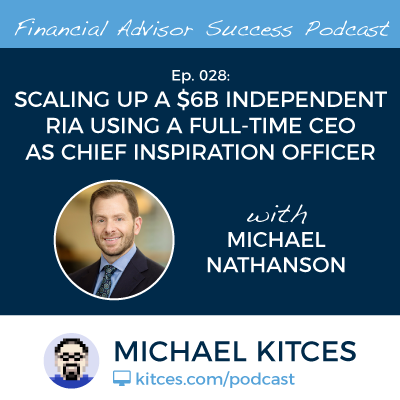In the modern era, “money” is essential for survival, a means of converting our productive labor into a common unit of exchange that can be used to buy whatever we need. Yet at the same time, money is complex, and the incentives and motivations it stirs exerts powerful forces on us… such that, even though money is necessary for survival, many lack the basic “money competency” skills necessary to harness its power effectively.
Yet despite the essential nature of money, there is remarkably little research and understanding in how we relate to it. While economics studies how humans allocate scarce resources, and psychology studies the human mind and behavior, there is a gap at the intersection between the two – an emerging new body of knowledge, that financial planning pioneer Dick Wagner dubbed “Finology”.
The key to understanding Finology is to recognize that there are both interior and exterior aspects to our relationship with money. On the one hand, we can’t make financial recommendations without understanding what someone owns and owes, and how that fits within the current economic environment and existing tax laws. Yet that information alone isn’t enough, without also understanding someone’s personal goals and desires, their relationships with family and cultural beliefs, and their vision of what it takes to live “the good life”.
Unfortunately, though, the history of financial planning and its existing body of knowledge have focused almost entirely on the “exterior” factors of money and how it works, and relatively little regarding the individual and their relationship with money itself. Yet in a world where our ability to have a healthy relationship with money is increasingly essential to survive and thrive – or else, we succumb to a never-ending series of self-destructive money behaviors – Wagner suggests that financial planning itself is likely to emerge as a bona fide profession in the 21st century… as financial planners themselves become Finologists in the future!




